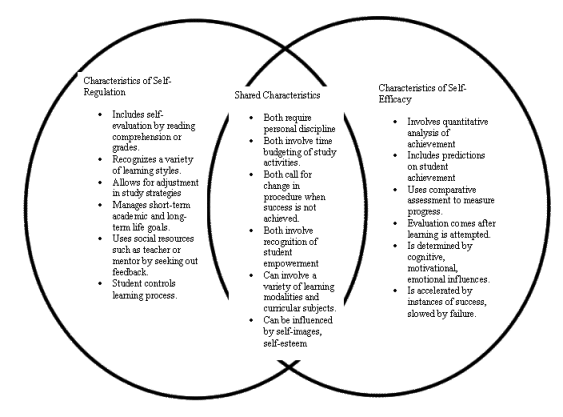
The Graduate Manifesto of George Cassutto
The Teacher as Mentor
The central focus of the Virtual High School program is the growth and intellectual development of students as they execute the modules designed by teachers. Students accomplish their tasks independently and in isolation of adults or other students except for regular contact with one key individual: their mentor.
|
The mentor is usually a teacher, most often certified in the subject area in which the student is engaged. More importantly, the mentor understands what the practitioners in a given field understand, and it is up to the mentor to communicate the essence of their activities to the student. As the student moves through the background building activities and finally the Challenge, the mentor helps the student make the connection between the actual learning and the basis for the learning, meaning, the reasons from the real world why anyone would want to learn a given fact or acquire a given skill. |
For example, students of history strive to understand the passage of the Social Security Act or the Great Society programs so that eventually they can make decisions that affect their own economic standing or they can become part of the federal bureaucracy that implements these programs for the general population. All too often, though, teachers fail to help students link the academic objective with the real life, authentic application of the academic knowledge they have gained.
Another role of the mentor is to help the student bring their level of understanding up from the basic knowledge level toward the synthesis of a new product toward the highest level of Bloom's taxonomy. that of evaluation. Students must acquire the basic elements of knowledge and skills as they move through the unit of learning or module. The mentor assists in the completion and performs assessment of the background building activities. This is where knowledge is achieved. Then the student must analyze the data and synthesize a new product in the form of the Challenge. But throughout the process, the expertise of the mentor must guide the student to an understanding of the subject that can be transferred to the real world. The student needs to be able to examine the problem, identify strengths and weaknesses, and make informed choices based on what has been learned. The mentor acts as expert, sharing both content knowledge and an understanding of the practitioner's world and activities in it (emphasis mine) (Bereiter and Scardamalia, 1993, pg. 162).
The mentor also has another important role: that of expert learner. The mentor must be available to model and guide the student through the process of learning. Through negotiation, enabling, and execution of the tasks at hand, the mentor guides the student though the process of learning, helping the student build study, memory, and technical skills. The mentor helps the student engage in self-regulation, such as time-budgeting, motivation, and accomplishment of the tasks in the module. The mentor also provides feedback on intellectual tasks, completeness of work, and accuracy of information. By helping a student gain a better understanding of how they function as an on-line learner, the mentor is helping the student engage in self-efficacy. Below is a Venn diagram that illustrates the differences and similarities between the mentor-based processes of helping students become self-regulators and self-efficacious learners.

For the mentor to be able to help the student achieve their learning goals, the mentor must have a personal understanding of where the learner is in their own life path. The mentor has an obligation to learn about the learner in order to assess emotional, social and academic factors that will have an impact on their chances of success (Daloz, 1999, pg 153). It is sometimes hard to find the fine line where professional inquiry into a personal life and an invasion of privacy has taken place. The mentor must use his or her professional judgment in gathering data about the student. Any personal information that has an effect on how the student functions is fair game in the process of helping that student achieve their goals. Traditional classroom teachers are often given information about the student family situation, socio-economic status, mental health status or physical and medical information. The mentor will need these similar data to assist the student in establishing a successful routine and schedule for on-line learning. But the mentor may not have access to records or guidance counselors that the traditional classroom teacher usually has at his or her disposal. The data has to be obtained through relationship-building based on mutual respect and trust. Once the mentor has such information, it is imperative that the student and the mentor keep open lines of communication, allow for positive confrontation by the mentor, and if needed, bring about changes in behavior on the part of the student.